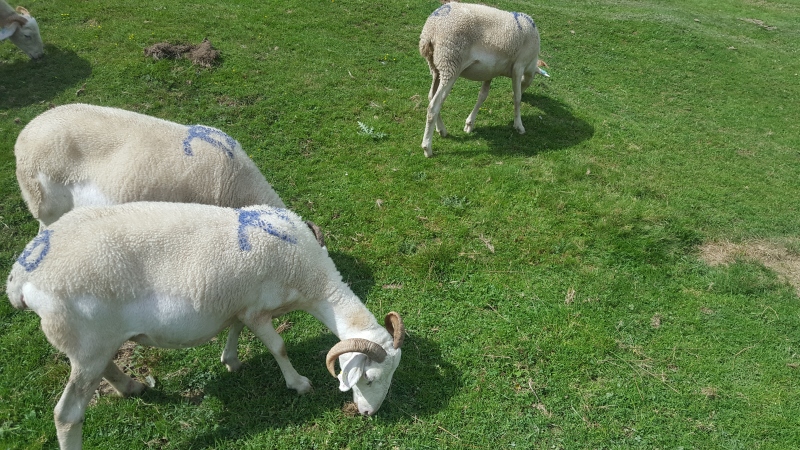People are often told to take full responsibility for a problem they find themselves dealing with. It sounds easy. It may even be, once one’s responsibility is understood.
An interesting question is how accepting the idea of taking full responsibility changes how we relate to the problem. What inquiring into such a possibility can do is invite self-awareness.
What are the immediate reactions and images that appear? Are they linked to wanting the problem to disappear, or to disappearing oneself? Are they linked to the desire to contribute to those affected by the problem? Are they linked to feeling at fault for having created the problem? Are they linked to being aware of one’s ability to deal with the problem?
Whatever appears, remaining unaware of it opens the door to reacting to the situation based on the assumption that one’s automatic interpretation of the situation is true.
Becoming aware of one’s interpretation has the potential to create a space that allows one to choose whether to follow that idea or not. Such awareness essentially allows us to become aware of the story we tell ourselves. It’s only then that we can decide if the story we tell ourselves still is true or can be explored.
But beware, it may take time to notice automatic interpretations as such. Until then, they’ll see to be truths. It takes practice to notice them, to notice that other perspectives may be available, to become aware of the choices we have, and to decide to explore new territory.


